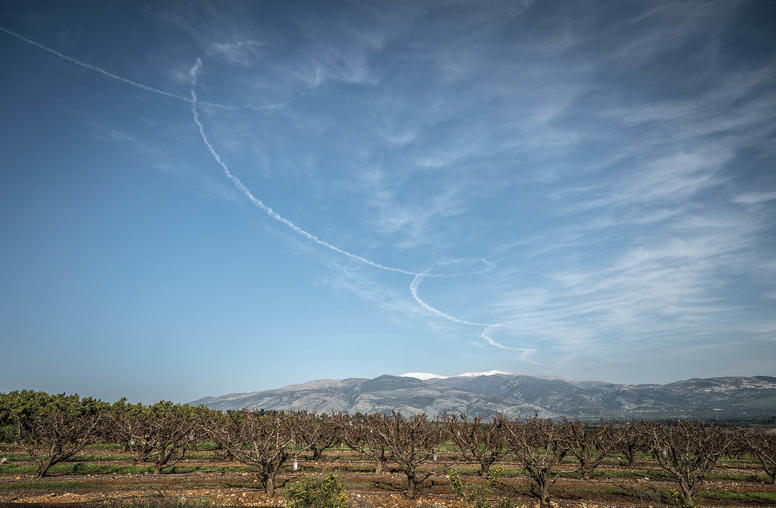Groundtruth: New Media, Technology and the Syria Crisis
As part of the U.S. Institute of Peace’s Blogs & Bullets initiative, this event provided analysis and insight into the influence of new media in the Syria crisis, specifically on three types of actors: activists on the ground, journalists and media-makers who are reporting on the crisis, and policy-makers around the world.
Read the event coverage, Event at USIP Looks at New Media in the Syria Crisis.

User-generated images, videos and stories stream in every day from Homs, Aleppo and all around Syria documenting the country’s descent into violence and instability. As part of the U.S. Institute of Peace’s Blogs & Bullets initiative, this event provided analysis and insight into the influence of new media in the crisis, specifically on three types of actors: activists on the ground, journalists and media-makers who are reporting on the crisis, and policy-makers around the world.
The event brought these experts together to discuss not only social media’s role in ongoing events, but how it can be used to promote peace in a post-Assad future.
8:45 am – 9:15 am: Coffee and Registration
9:15 am – 9:30 am: Introduction
- Sheldon Himelfarb, Director, Center of Innovation: Science, Technology & Peacebuilding, USIP
- Deen Freelon, American University
9:30 am – 10:45 am: Panel 1: Activists and the Regime
- Rami Nakhla, The Day After Project
- Ahed Al Hendi, CyberDissidents.org
- Hadeel Kouki, Syrian activist
- Rafif Jouejati, Free Syria Foundation
- Schadi Semnani, Syria Conflict Monitor
- Marc Lynch, George Washington University (Moderator)
10:45 am – 11:00 am: Break
11:00 am – 12:00 pm: Panel 2: Reporting the Crisis
- Deborah Amos, National Public Radio
- Robert Mackey, New York Times
- Lara Setrakian, ABC News
- Aaron Zelin, Washington Institute for Near East Policy
- Fadl al Tarzi, SocialEyez, Dubai News Group (via Skype)
- Sean Aday, George Washington University (Moderator)
12:00 pm – 1:00 pm Panel 3: Policy at Home and Abroad
- Ambassador Alberto Fernandez, U.S. Department of State
- Mohammad Al Abdallah, Syria Justice and Accountability Center
- Susan Wolfinbarger, American Association for the Advancement of Science
- Steven Heydemann, USIP
- Joe Holliday, Institute for the Study of War
- Sheldon Himelfarb, USIP (Moderator)
Explore Further
- Read more about USIP's Blogs & Bullets initiative
- Read more about USIP's Center of Innovation: Science, Technology & Peacebuilding



